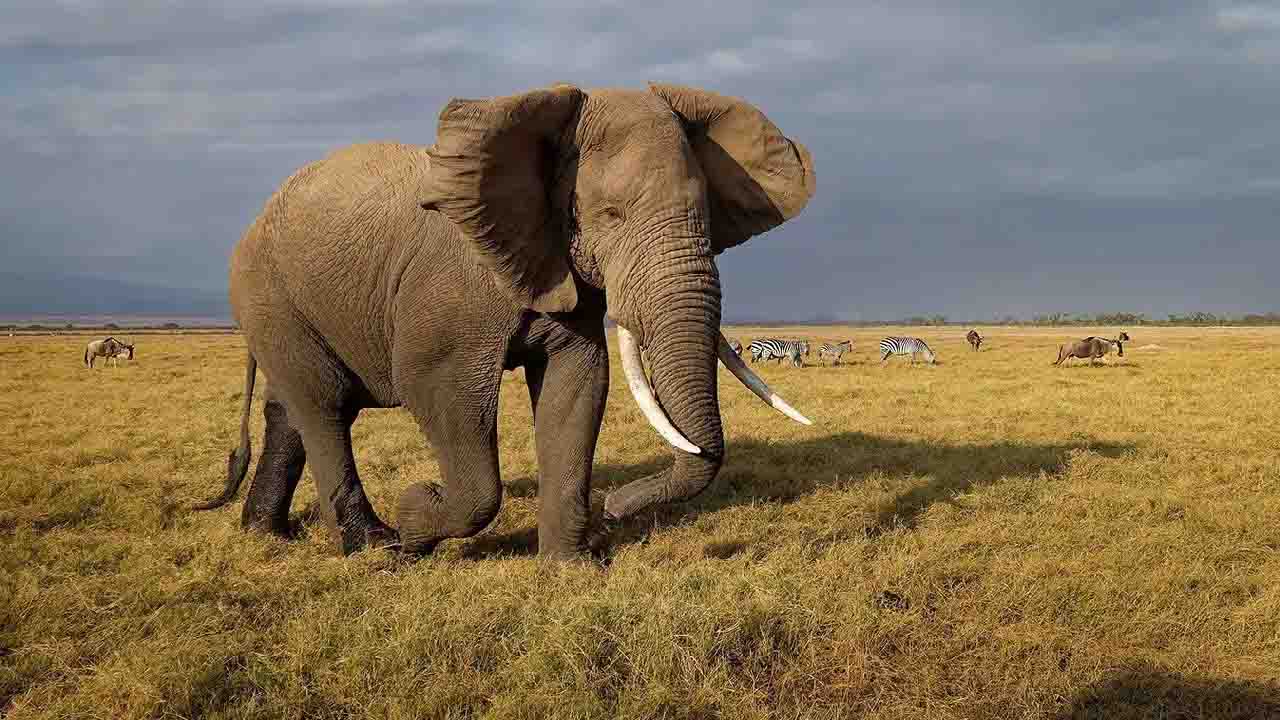Elephants are among the most intelligent and complex creatures on earth. They have a complex social structure, with families that can include several generations of individuals, and are capable of exhibiting a range of behaviors that suggest a high level of cognitive ability. Recently, scientists have put forward a controversial theory that elephants may have undergone self-domestication, in which they have evolved to live in close proximity to humans and become more docile over time.
Domestication is a process that has occurred over thousands of years in many different species, including dogs, cows, pigs, and horses. It involves selecting for specific traits that make an animal more useful or beneficial to humans, such as increased productivity, docility, or friendliness. Domesticated animals are typically bred in captivity and are dependent on humans for their survival. However, the process of domestication is usually thought to be driven by human selection rather than by the animals themselves. In the case of elephants, however, researchers argue that the animals may have undergone a process of self-domestication. This theory is based on a number of observations of elephant behavior, including their tendency to form close bonds with humans, their willingness to be trained, and their ability to live in close proximity to humans without becoming aggressive.
One of the key pieces of evidence supporting the self-domestication theory is the fact that elephants have been living and working alongside humans for thousands of years. Elephants have been used for transportation, labor, and warfare in many parts of the world, including Africa and Asia. Over time, these elephants may have evolved to be more docile and better able to tolerate human presence. Another piece of evidence comes from studies of elephant behavior in captivity. Elephants raised in captivity are often more docile and easier to train than wild elephants, suggesting that they have undergone some degree of domestication. However, this could also be due to the fact that captive elephants are often raised from a young age and are socialized differently than wild elephants. Some researchers have also pointed to genetic evidence suggesting that elephants may have undergone self-domestication. Studies have shown that domesticated animals often have distinct genetic markers that differentiate them from their wild ancestors. While no such markers have been identified in elephants, some researchers argue that the absence of such markers could be evidence that the domestication process in elephants has been driven by the animals themselves, rather than by human selection.
Not all researchers agree with the self-domestication theory, however. Some argue that the observed changes in elephant behavior could be due to factors such as individual learning or socialization, rather than a genetic change. Others point out that elephants are still capable of exhibiting aggressive behavior towards humans, suggesting that they have not become completely domesticated. Despite the controversy surrounding the self-domestication theory, it has important implications for our understanding of animal behavior and the relationship between humans and other species. If elephants have indeed undergone self-domestication, it would suggest that the process is more complex and multifaceted than previously thought, and that animals may have a greater role in shaping their own evolution than we have traditionally given them credit for.








